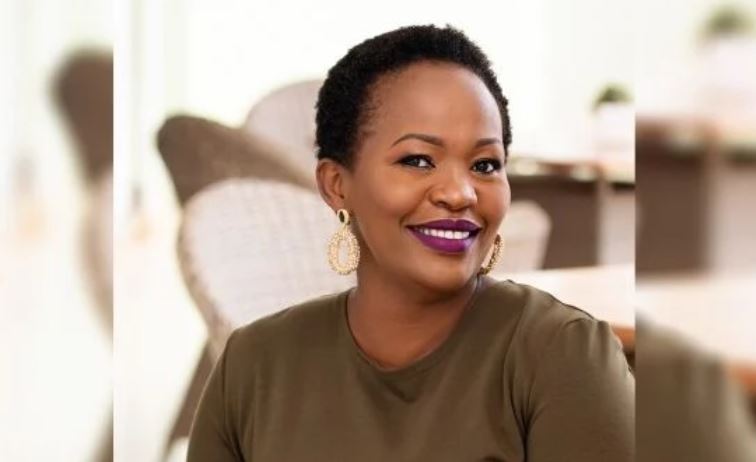
She talked to ‘Achieving Woman’ about her journey.
How did you get into working to stop cervical cancer?
In 2010, my little sister was told she had cancer. It was pre-cancer of the cervix. It got me wondering how many others needed to know this. In 2012, I met like-minded women, we started the NGO Women4Cancer and started going to communities to sensitise them. Working alone was tiresome and progress slow. So in 2018, it was only natural that we joined others in the same space under the STOP Cervical Cancer Initiative for united action in cervical cancer elimination.
What is the main focus of your current work?
In 2019, I lost a dear friend when the cancer recurred a third time. It was painful to watch her climb that arduous mountain yet again; and succumb to the disease. This made me realise the need to focus on survivors’ quality of life and build a strong approach to Cancer Survivorship in Africa. So right now I’m working with cancer survivors in the #KILELE Challenge; an initiative to climb Mt Kenya as part of finding purpose in a cancer journey.
Tell us more about the #KILELE Challenge.
The #KILELE Challenge brings together a group of cancer survivors and caregivers who will climb to the summit of Mt Kenya in September 2020. At #KILELE, we envision a future where women thrive in a more inclusive, just and equitable world; where cancer is yet another challenge that can be overcome, and survivors use their experiences to drive change in health promotion, as they navigate others to reach optimal health.
The aim of this challenge is to help the survivors overcome self-limiting beliefs and social stigma; financial hardship and emotional barriers; all to ensure that they can summit. We see the #KILELE Challenge as a journey in self-discovery.
What challenges do survivors face as regards social integration?
Life for cancer patients changes drastically upon diagnosis. During treatment, many cancer patients feel like their life is on hold. And after treatment, some face challenges getting back into “normal” life. They feel like they can’t or don’t want to go back to the way life was.
Through the #KILELE Challenge we are helping survivors address the four parameters commonly used to define quality of life in cancer survivorship: physical fitness, mental wellbeing, finding purpose, and economic empowerment.
In your work, what stigma have you come across among patients and the community at large?
It is sad that in this day and age, cancer patients still face stigma. Women are particularly vulnerable to stigma as they face challenges associated with the disease itself as well as societal and cultural barriers. These include:
- Effects of treatment both physical and emotional
- Social cultural stigma from the community where women face abandonment
- Some begin to question their spiritual beliefs as they try to find a reason for all the suffering
- Financial challenges since treatment can put a strain on the family’s finances leaving them impoverished
What challenges have you faced in educating the community particularly in the rural areas about pre-testing and treatment?
It is hard to convince the majority of the people in rural areas that some cancers are preventable. Mainly because cancer takes years to develop in the body, often with no signs or symptoms. Convincing people to go get screened when they are still looking and feeling fine is a real challenge. Then there is the fear of cancer. Especially because many people are diagnosed late and the outcomes are not good. We are working through #KILELE Challenge to sensitise others that prevention is better than cure.







